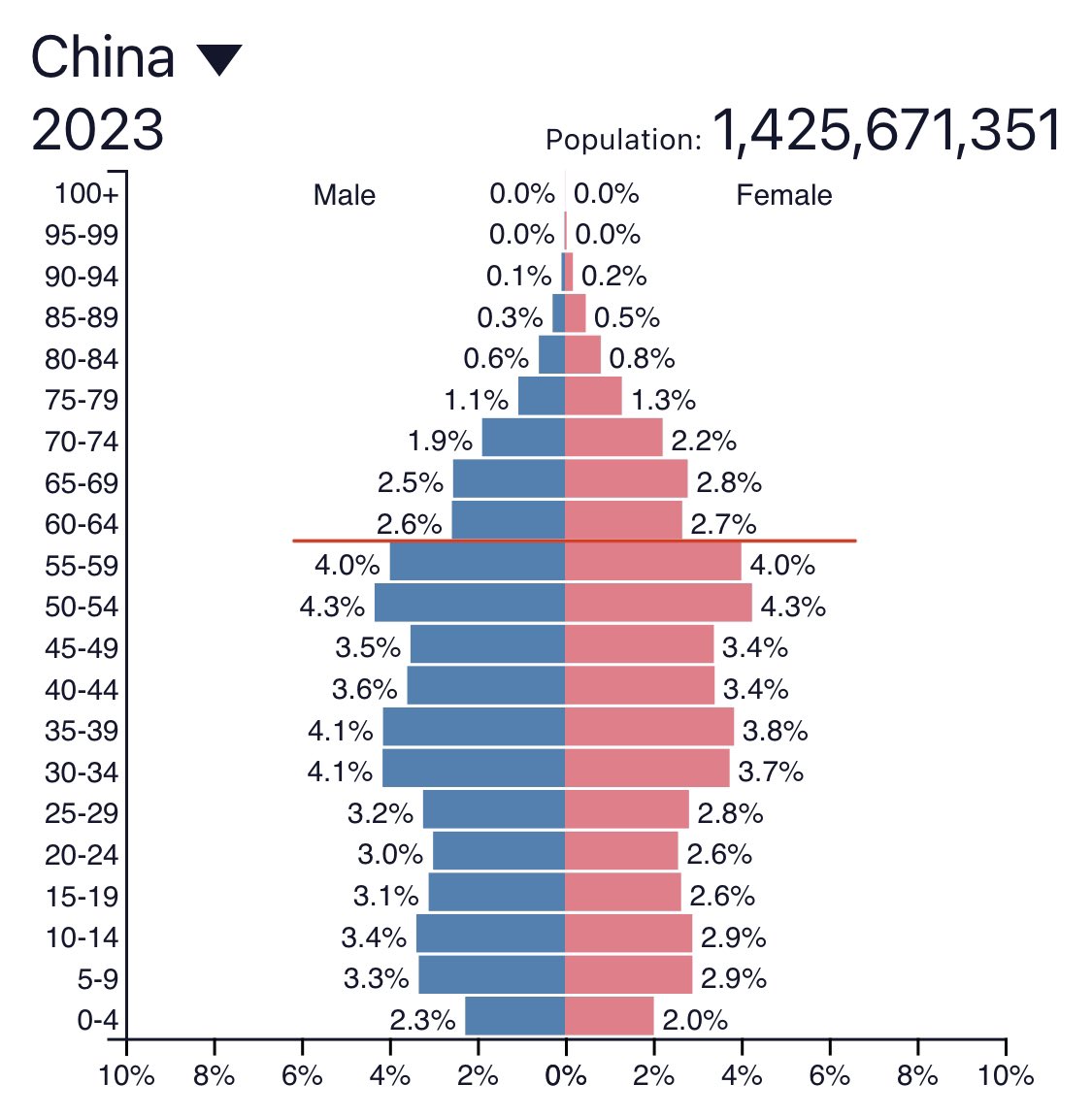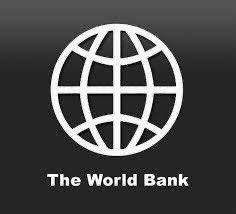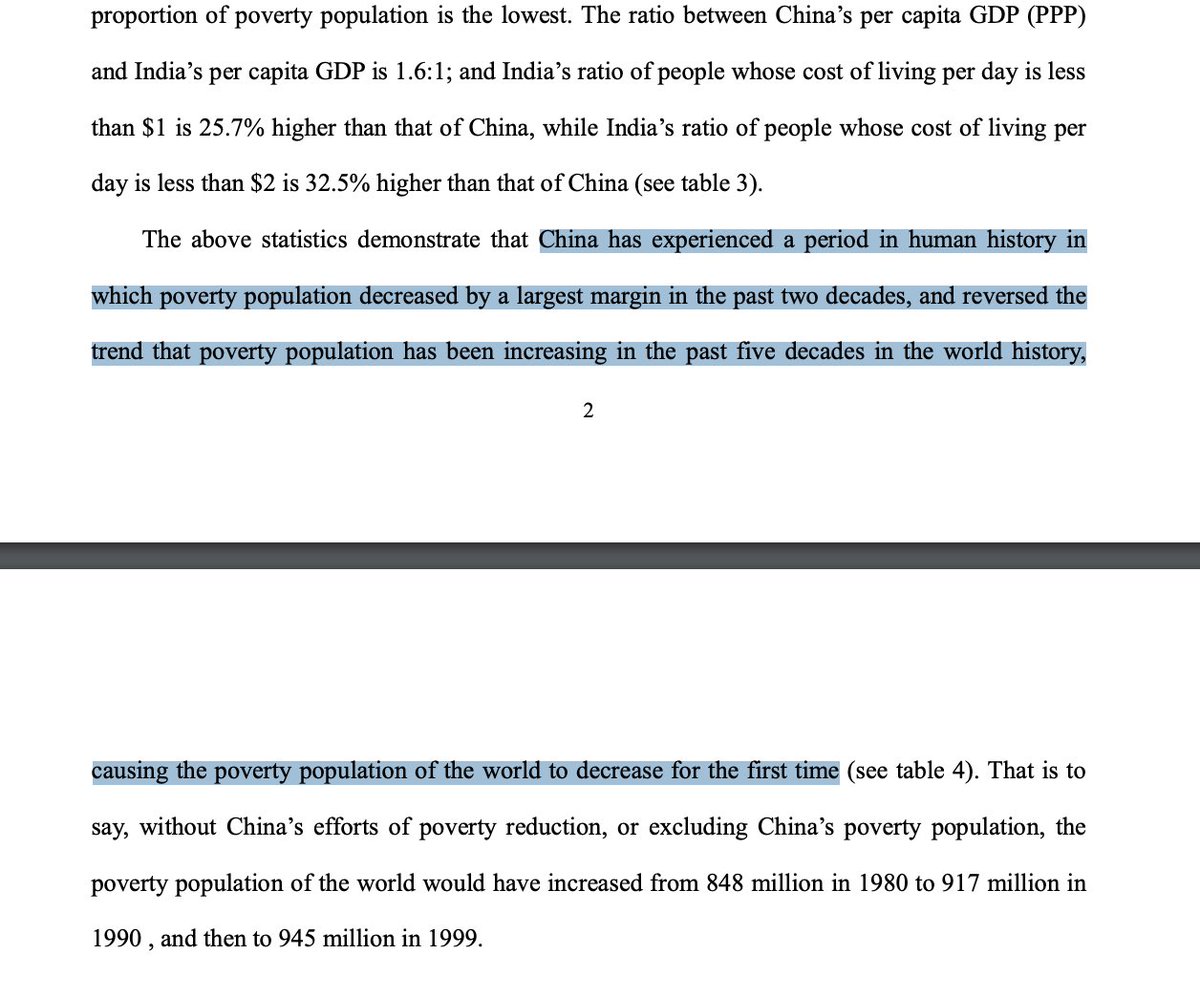We're often told that Belt and Road Initiative projects go unfinished, take too long, are bad for the environment, don't hire locals, displace communities, cause too much debt, &c.
But these criticisms usually rely on selectively-chosen cases, not a comprehensive analysis. 🧵
But these criticisms usually rely on selectively-chosen cases, not a comprehensive analysis. 🧵
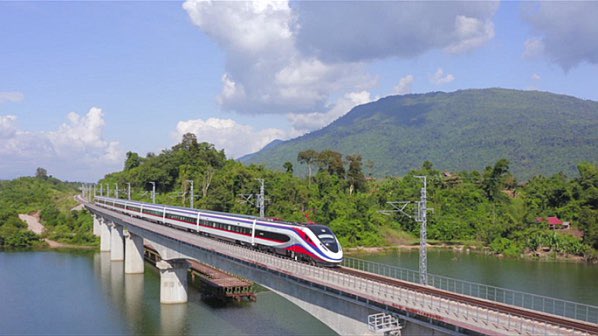
Though we're so often told that the opposite is true, a study by McKinsey of infrastructure projects across eight African countries found that Chinese enterprises “overwhelmingly employ and train local workers”.
mckinsey.com/featured-insig…
mckinsey.com/featured-insig…

According to a 2018 paper from a research lab at the College of William & Mary, Chinese development projects reduced economic inequality in their respective regions.
docs.aiddata.org/ad4/pdfs/WPS64…
docs.aiddata.org/ad4/pdfs/WPS64…

In 2021, a special report by the South African Institute of International Affairs based on case studies in Kenya, Ethiopia, and Nigeria concluded that China’s Belt and Road projects had overall both direct and indirect positive effects.
saiia.org.za/research/estim…
saiia.org.za/research/estim…
A long-term case study in Ethiopia conducted by the London School of Economics and Political Science found that Chinese foreign direct investment had “significant and persistently positive effects after 6-12 years.”
lse.ac.uk/iga/assets/doc…
lse.ac.uk/iga/assets/doc…
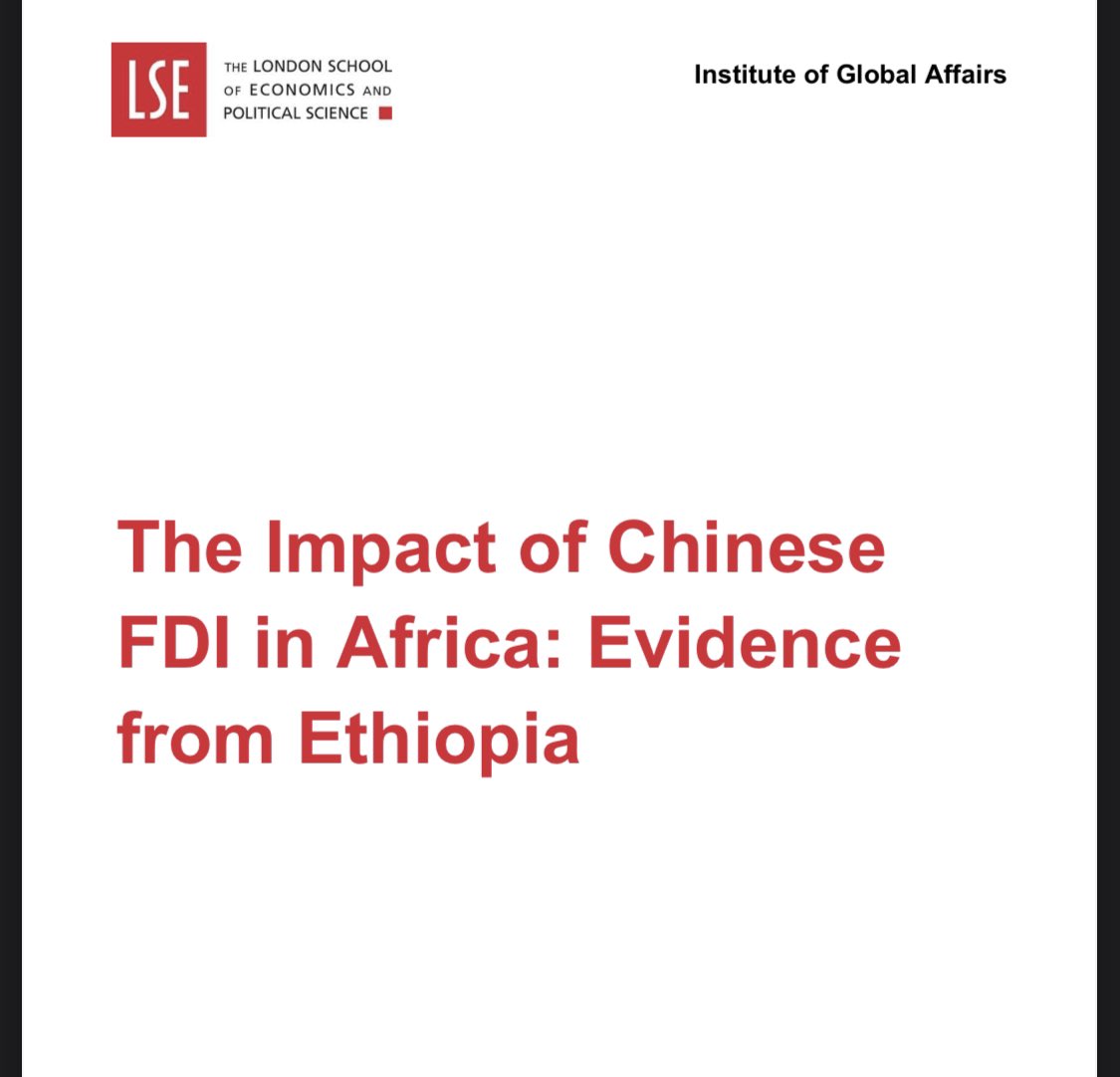
A 2022 study published in the Social Sciences & Humanities Open journal found that China’s foreign direct investment had a positive effect on African countries’ economic and social development.
sciencedirect.com/science/articl…
sciencedirect.com/science/articl…
One of the most critical studies I found was by researchers at Jiangsu University, which pointed out some negative aspects of China-Africa trade relations. It still found that Chinese FDI improved economic growth in middle- and low-income African countries
journals.sagepub.com/doi/10.1177/21…
journals.sagepub.com/doi/10.1177/21…
Even the IMF has published a meta-regression analysis of estimates from 15 studies on the effectiveness of Chinese development finance, admitting that “on average, Beijing’s aid has had a positive effect on economic and social outcomes”
imf.org/en/Publication…
imf.org/en/Publication…
According to Xinhua, from 2000 to 2020, the PRC helped African countries build 13,000 kilometers of railways, 100,000 kilometers of highways, 1,000 bridges, and 100 ports. The western press hasn't disputed these figures, or published an opposing estimate.
ecns.cn/news/2022-12-2…
ecns.cn/news/2022-12-2…
According to the founder of international urban planning group MORE Architecture, “any big project in African cities that is higher than three floors or roads that are longer than three kilometers are most likely being built and engineered by the Chinese.”
forbes.com/sites/wadeshep…
forbes.com/sites/wadeshep…

The idea that poor countries need infrastructure isn't seriously disputed. But despite the overwhelming evidence that Chinese infrastructure is real and has positive effects, vast amounts of ink are being spilled trying to convince us that it's being built in the wrong way.
What they think the "right" way to build a road or railway or hydroelectric dam might be is never mentioned. The implicit idea is, China COULD build a road properly—in the RIGHT location, that has NO environmental issues—but chooses to build it in the wrong place instead.
Why Chinese companies might do this is never explained. There's a vague notion that they're cutting corners, not doing proper environmental impact studies, &c. to SAVE money; yet we're ALSO told that these projects only exist to rack up a large debt bill—the larger, the better.
What about that debt?
When victims of western finance can't pay, the west is ruthless in forcing them to do economic restructuring before getting new loans.
Through 2021, China loaned a total of $240 billion in bailouts to BRI members—unconditionally.
reuters.com/markets/china-…
When victims of western finance can't pay, the west is ruthless in forcing them to do economic restructuring before getting new loans.
Through 2021, China loaned a total of $240 billion in bailouts to BRI members—unconditionally.
reuters.com/markets/china-…
This response is more or less what I was talking about. It consists of just a blanket dismissal of any positive effects, and an attempt to conflate Chinese and western finance, hoping that no one will investigate further.
https://twitter.com/promiseli0/status/1641840385843675136
The single source cited uses exactly the approach I mentioned. It cherry-picks some delayed/canceled projects, and says the biggest issues with BRI in Africa are “debt burden” (addressed above) and “risks”. No statistical analysis, averaging, comparing positives vs negatives, &c. 

Of course building infrastructure in Africa is risky—that’s exactly why western finance doesn’t do it!
For example, according to OECD data, only 0.1% of US investments in Africa are classified as construction-related.
For example, according to OECD data, only 0.1% of US investments in Africa are classified as construction-related.
https://twitter.com/kyletrainemoji/status/1612921534645174272
If Chinese finance “managed risk” the way western banks do, they probably wouldn’t be building anything. They’d just be telling African governments what to do, and then collecting rent. 

I think simply criticizing BRI projects is fine. It’s a massive, worldwide initiative, involving many people—it’s impossible to have NO implementation problems, and these should be addressed. But saying such issues mean the BRI is not a badly-needed net positive is clearly wrong.
• • •
Missing some Tweet in this thread? You can try to
force a refresh

 Read on Twitter
Read on Twitter

